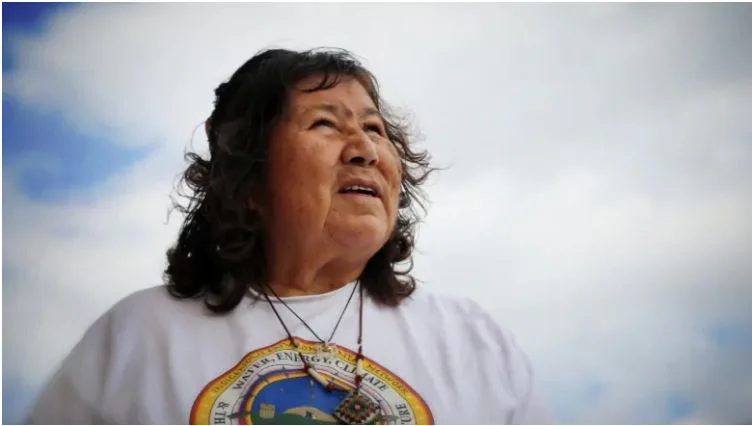What better way to stay cool this summer than by plunging into Canada’s largest outdoor freshwater pool? You’re in luck because St. Mary’s Quarry in Ontario is exactly that. This swimming hole used to be a limestone quarry way back in the 1920s. It has since been converted into a massive outdoor swimming area that stays popular all summer long for its refreshing waters and aquatic activities.
Canadian student wins 2022 Stockholm Junior Water Prize
A student from Canada has received the prestigious 2022 Stockholm Junior Water Prize for her research on how to treat and prevent harmful algae blooms. Crown Princess Victoria of Sweden, the official patron of the prize, announced the winner during a ceremony at World Water Week in Stockholm. World Water Week is a conference on global water issues, which started on August 23, 2022 and will go on till September 1.
Algoma Public Health warns people not to drink water from St. Mary's River after oil spill
Algoma Public Health is warning people who draw water directly from the St. Mary's River or who have a well near the shore not to drink the water due to an oil spill. The spill does not affect the Sault Ste. Marie municipal drinking water system. The health unit says if your drinking water intake is located east (or downstream) of the Algoma steel mill and the Great Lakes Power plant, there is a risk of contamination.
Students test Mersey River for bacteria with shocking results
A group of Grade 7 students delivered some shocking results to the Region of Queens Municipality council meeting December 22. The South Queens Middle School students had been working on a Social Studies project to test fecal bacteria, or enterococci, levels in the Mersey River. The students found readings of between 230 and 340 enterococci to 100 millilitres of water. Under Health Canada regulations, it is not advisable to swim in water where there is 70 enterococci/100 ml. And at 170 enterococci/100 ml, the water should not touch skin.
A Mi’kmaq community’s fears of toxic water recede as Northern Pulp mill winds down
For decades, Pictou Landing First Nation has lived uneasily near an industrial plant emitting brown, foul-smelling waste and the effluent treatment facility they say causes respiratory and skin illnesses. Now, the mill is being mothballed. Ms. Francis, a member of Pictou Landing First Nation, fought for years to stop toxic wastewater from the Northern Pulp plant from being pumped into a tidal estuary next to her community. After decades of court battles, environmental studies and protests, people on the Nova Scotia reserve are hopeful they may one day be able trust their water and land again.
Nova Scotia Premier rejects pulp mill’s request to keep dumping waste water near First Nation
Nova Scotia Premier Stephen McNeil has sided against a pulp mill’s plea for a lifeline in a move that has bitterly split his province, earning praise from environmental, fisheries and Indigenous groups, but angering many in the province’s forestry sector. The Northern Pulp mill in Pictou had been asking for an extension on a provincially imposed deadline to stop dumping contaminated wastewater in Boat Harbour, next to the Pictou Landing First Nation, in what many have called one of the province’s worst examples of pollution linked to racism.
Laced with fear: why some Ontario First Nations don't trust tap water or eat the fish
Water is something most Canadians take for granted. We have so much of it, it's no wonder. Per capita, our country has the world's third-largest freshwater reserves, but yet in many Indigenous communities, water can be difficult to access, at-risk because of unreliable treatment systems, or contaminated. That's the case in Delaware First Nation, an Indigenous community of about 500 people an hour southwest of London, Ont., a place where fishing was everything 60 years ago.








